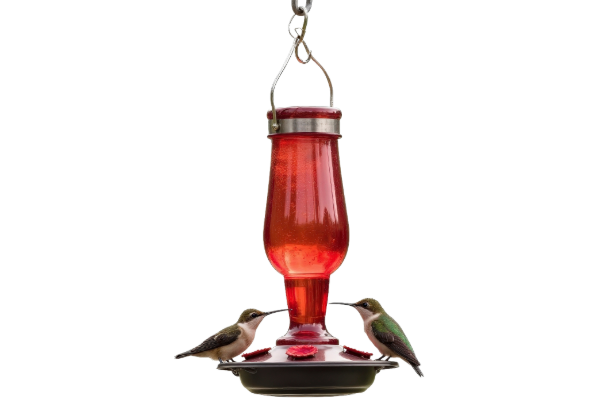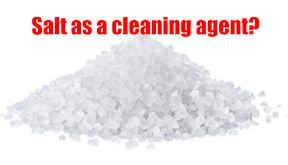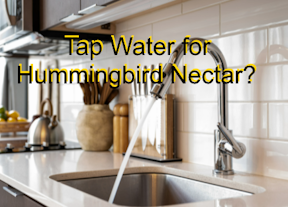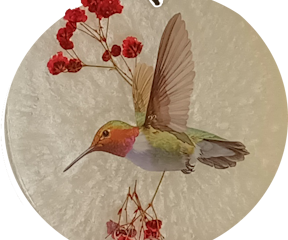Essential Nutrients Your Hummingbirds Need
Hummingbirds are among the most fascinating and vibrant creatures in the bird world, renowned for their iridescent feathers and incredible flying abilities. To thrive, these tiny birds require a carefully balanced diet packed with specific nutrients that fuel their high-energy lifestyle. Understanding the essential nutrients your hummingbirds need is crucial not only for their survival but also for supporting their health, reproductive success, and migration.
Why Nutrition Matters for Hummingbirds
Hummingbirds have the highest metabolism of any bird species, beating their wings up to 80 times per second and supporting constant movement throughout the day. This incredible energy demand means that they need to consume almost half their body weight in sugar-rich nectar daily, along with proteins and other nutrients to maintain muscle function and overall health.
Without the right balance of nutrients, hummingbirds can become weak, less active, and vulnerable to disease and environmental stressors. Providing a nourishing diet helps ensure these delightful birds continue to delight gardeners and bird watchers alike with their dazzling displays.
Carbohydrates: The Primary Energy Source
The most vital nutrient hummingbirds need is carbohydrates, primarily in the form of sugar. In the wild, they obtain this energy through nectar produced by flowers. Nectar is a simple sugar solution that offers a quick and easily digestible energy source necessary for their rapid wing beats and constant movement.
When feeding hummingbirds, a homemade nectar solution typically combines four parts water to one part white granulated sugar. This mimics the natural sugar concentration found in most flowers. Avoid honey, artificial sweeteners, or red dyes, as these can be harmful or provide insufficient nutrition.
Proteins: Supporting Growth and Repair
While sugar supplies quick energy, proteins play a key role in muscle repair and overall growth. Hummingbirds source protein from small insects and spiders, making these tiny invertebrates an essential component of their diet.
It’s common to see hummingbirds catching gnats, fruit flies, and small arachnids while foraging. Gardeners aiming to attract hummingbirds should promote a healthy insect population by avoiding broad-spectrum pesticides and cultivating habitats conducive to insect life.
Fats: Fueling Long Flights
Fats are a dense energy source that are crucial during migration and periods of high activity. Hummingbirds build fat reserves to sustain energy during long flights and when food sources become scarce.
Although hummingbirds ingest minimal amounts of fats compared to carbohydrates and proteins, insects they consume also provide essential fatty acids. Providing diverse flowering plants that attract insects contributes indirectly to fulfilling the fat requirement.
Vitamins and Minerals: Boosting Immunity and Metabolism
Micronutrients such as vitamins and minerals, though needed in trace amounts, are foundational to hummingbird health. Vitamin A, vitamin E, calcium, and trace elements like iron and magnesium support immune function, nervous system health, and metabolic regulation.
To enrich your hummingbirds’ nutrient intake, plant a variety of native flowers, shrubs, and trees. Species such as trumpet vine, bee balm, and salvia are rich in nectar and offer ample vitamins and minerals naturally.
Water: Hydration and Cooling
Besides nutrients, water is an indispensable part of a hummingbird’s diet. Apart from drinking water, hummingbirds use water droplets for bathing and thermoregulation. Clean, fresh water sources in your garden attract hummingbirds and help keep them healthy.
Avoid stagnant water, as it can harbor bacteria and parasites. Instead, provide shallow water baths or fountains designed for small birds.
How to Provide the Essential Nutrients Your Hummingbirds Need
- Offer Homemade Nectar: Prepare a fresh sugar-water mixture regularly, changing it every 2-3 days to prevent mold and fermentation.
- Plant Nectar-Rich Flowers: Choose a variety of flowering plants that bloom at different times to provide year-round nectar sources.
- Encourage Insect Life: Support natural insect populations by maintaining pesticide-free zones and cultivating native plants.
- Provide Clean Water: Install birdbaths or shallow fountains to supply fresh water daily.
- Avoid Harmful Additives: Refrain from adding red food coloring, honey, or artificial sweeteners to nectar, as these can be harmful.
Conclusion
A well-rounded diet rich in carbohydrates, proteins, fats, vitamins, and minerals is essential for hummingbirds to maintain their vigor and charm. By supplying the essential nutrients your hummingbirds need through thoughtful feeding and gardening practices, you provide more than just food—you support an ecosystem that sustains these remarkable birds. Whether you are an avid bird watcher or a casual gardener, nurturing hummingbirds through their nutritional needs can be a rewarding and exhilarating experience.






